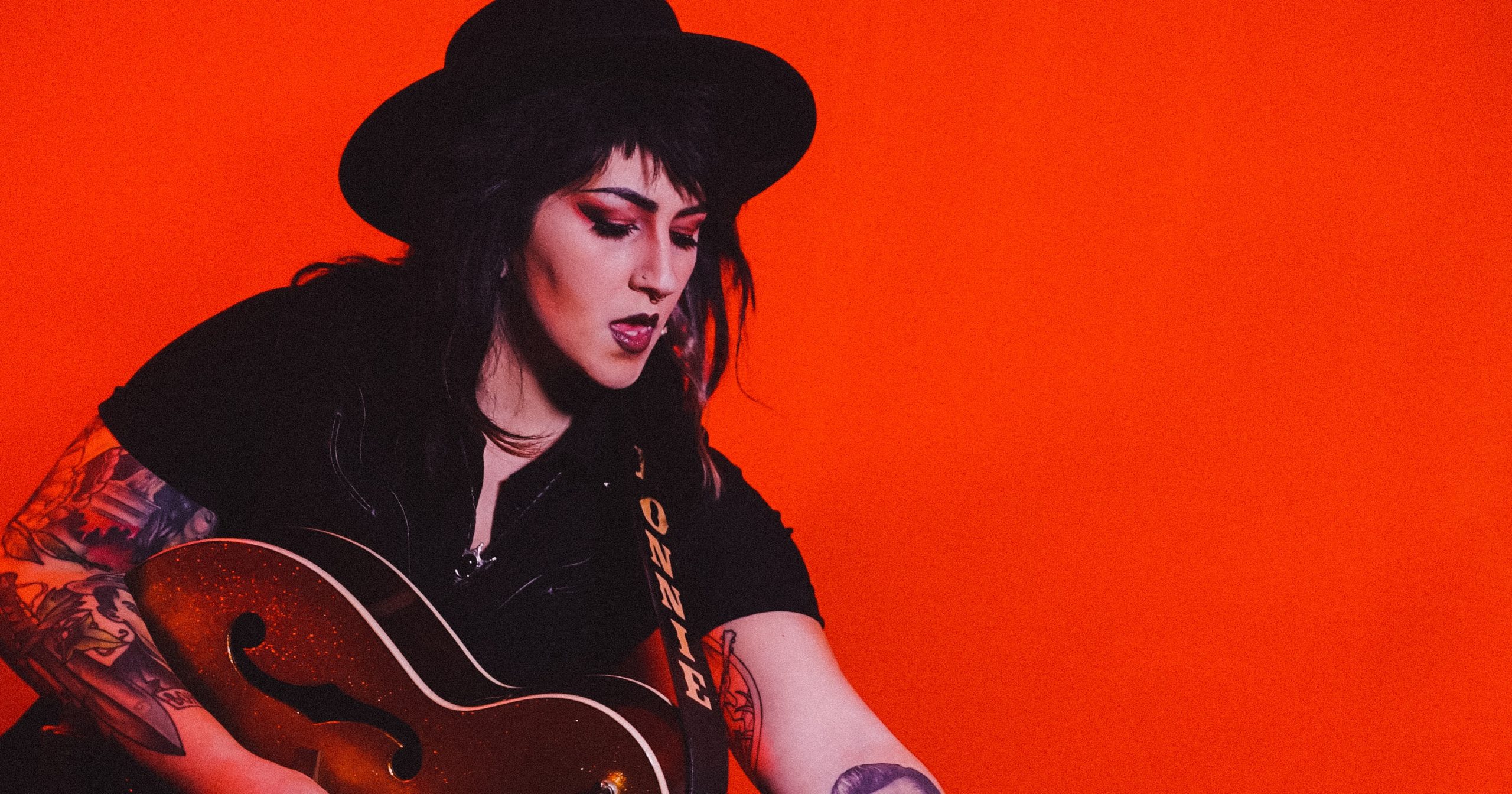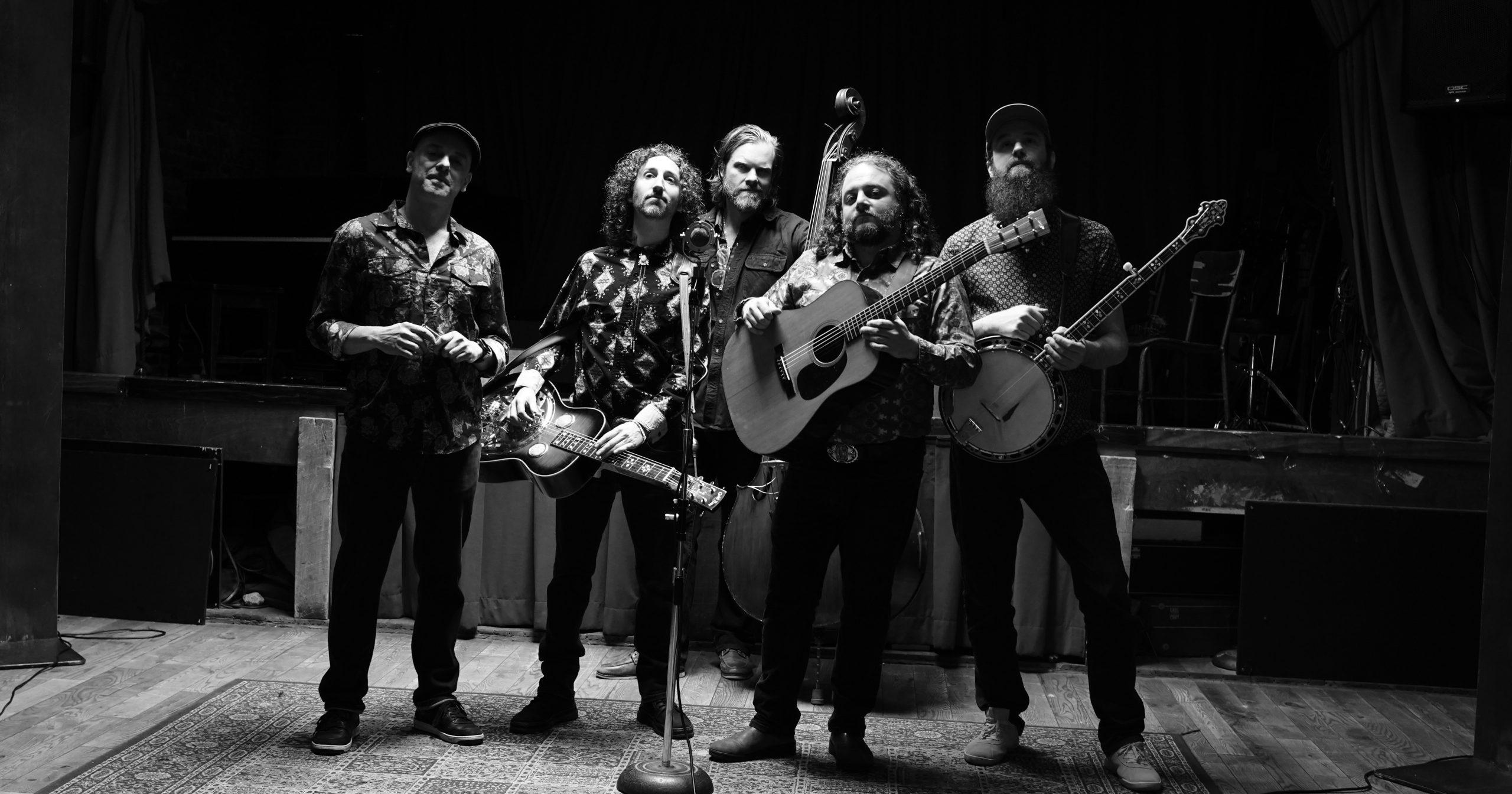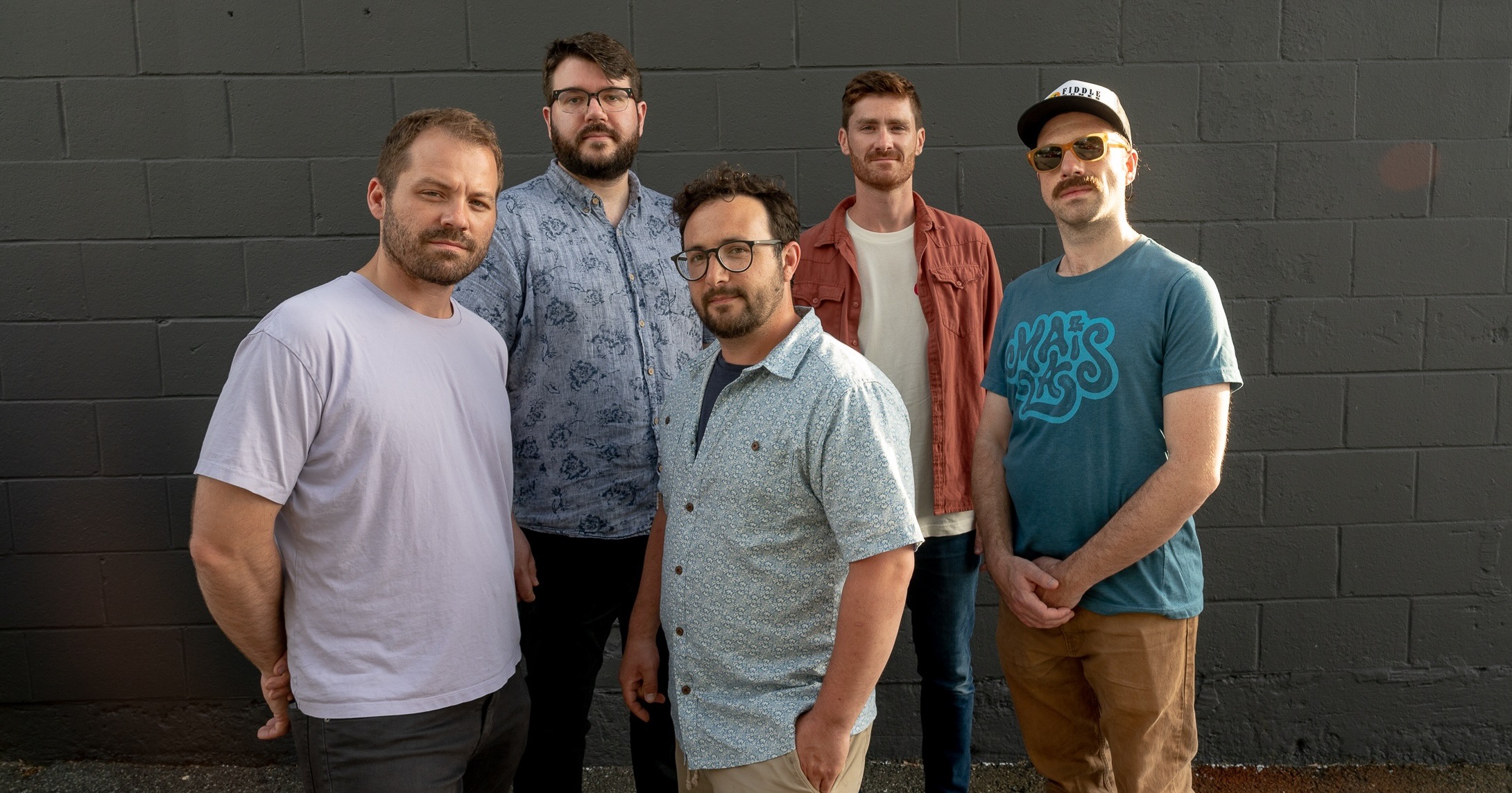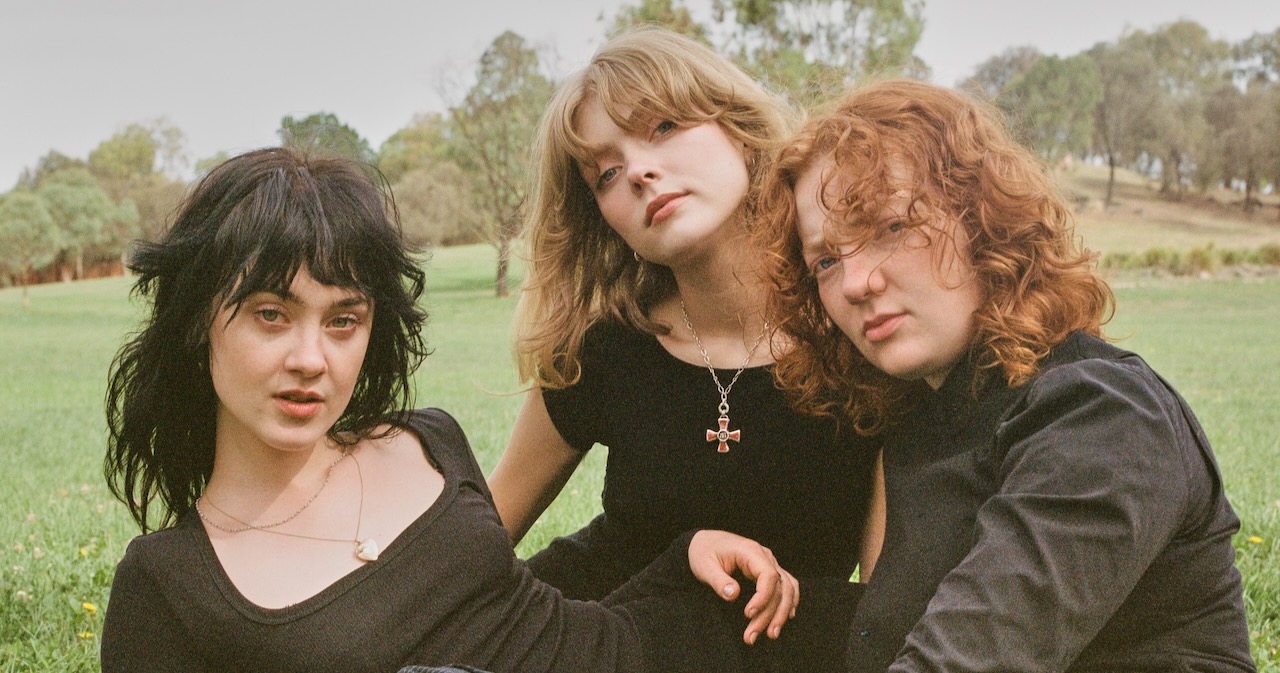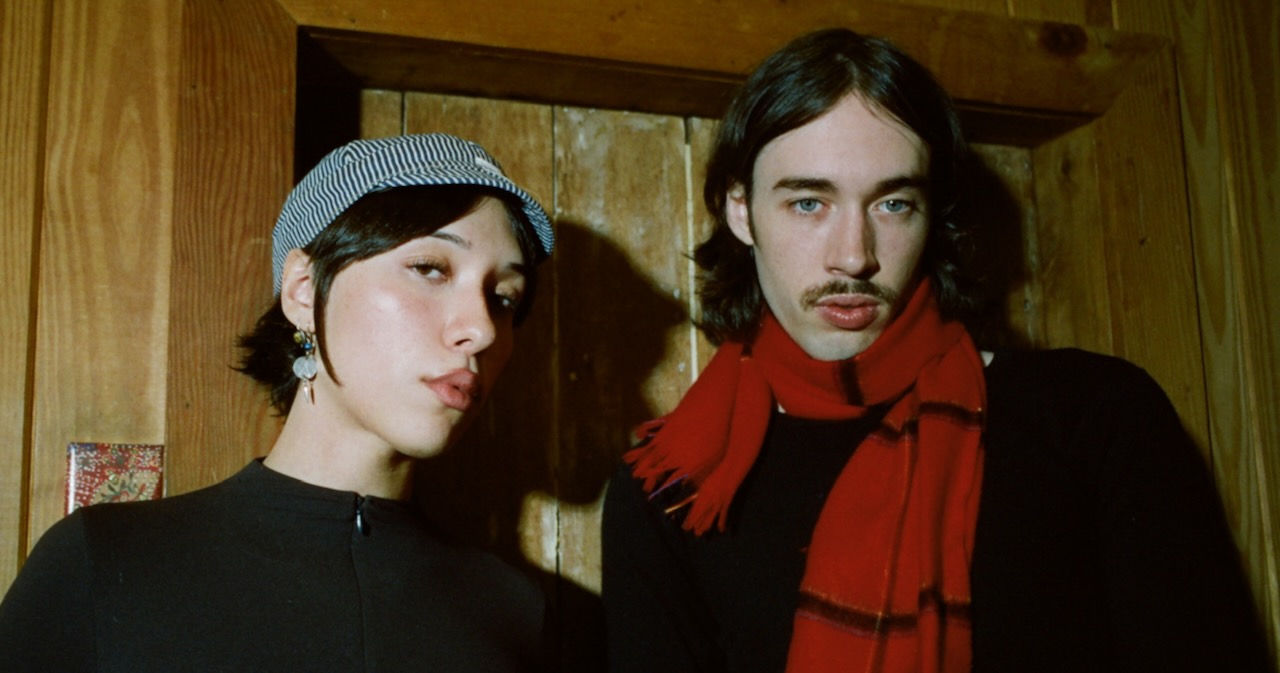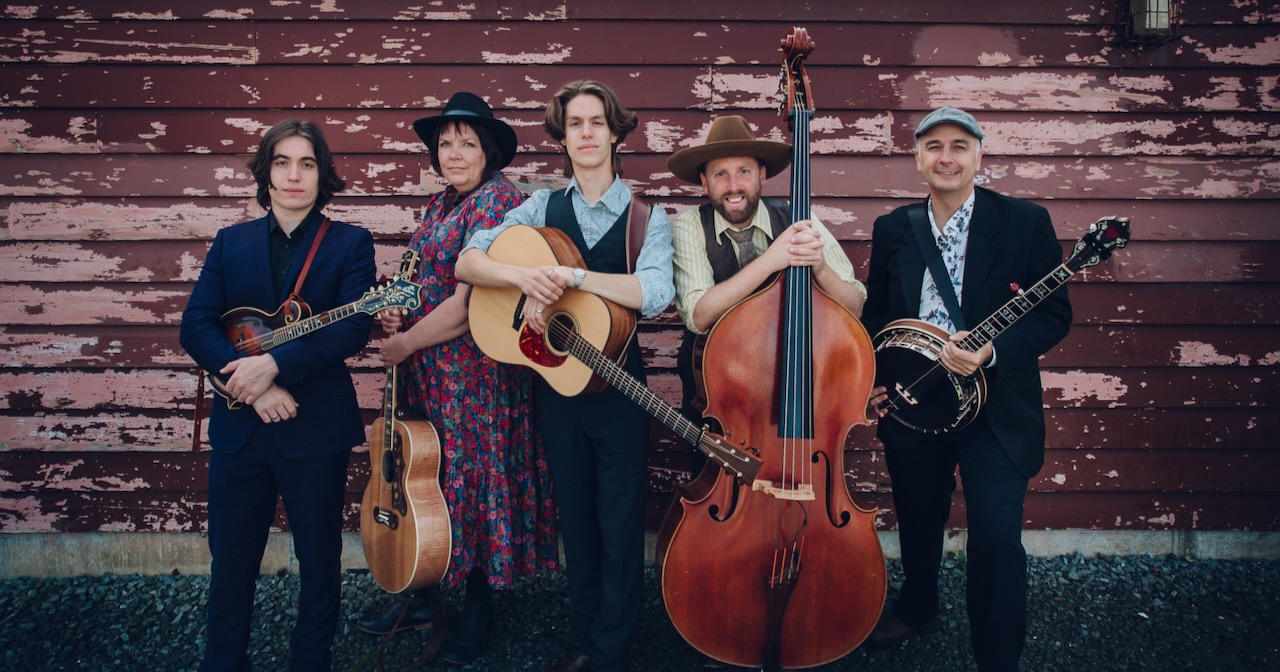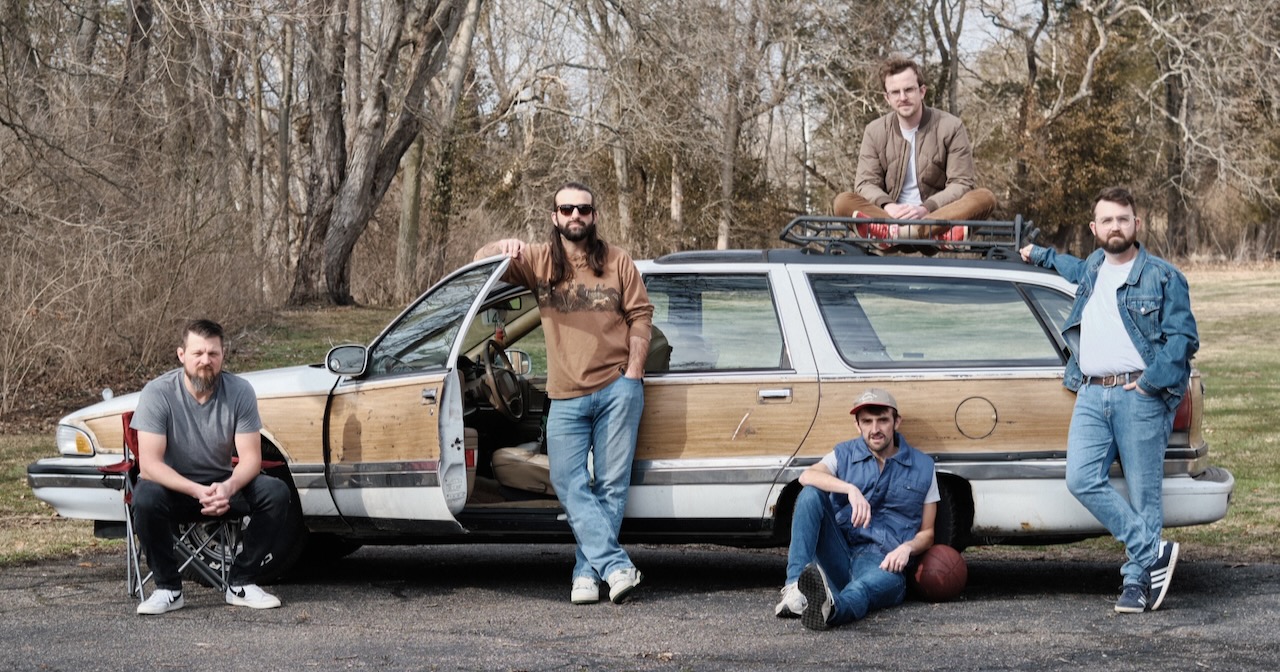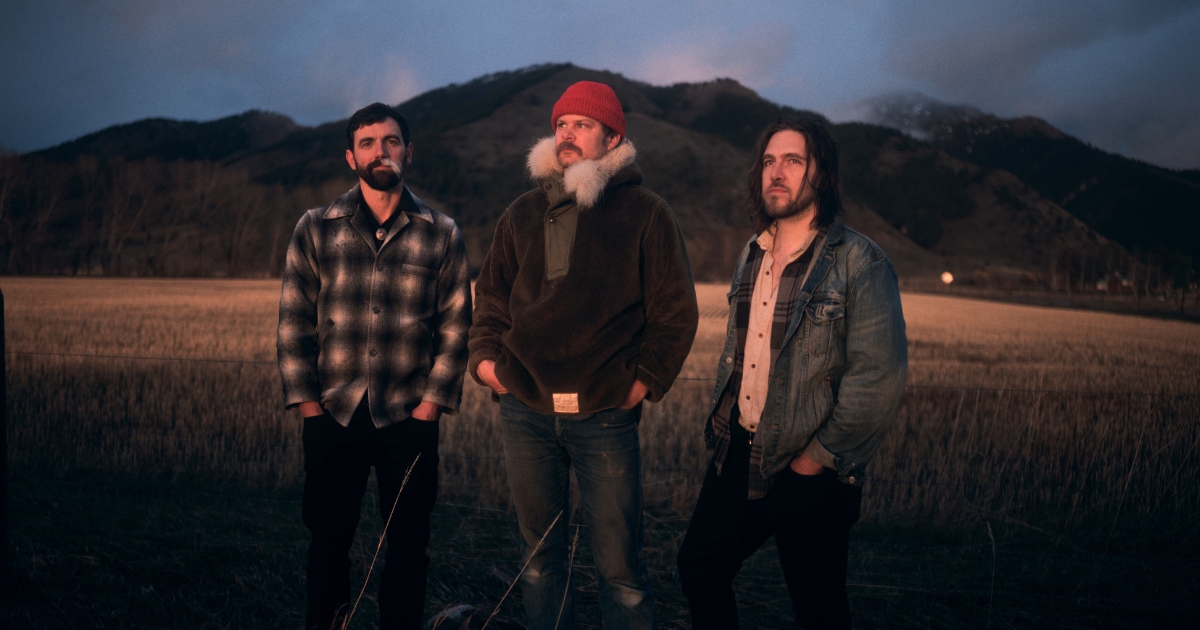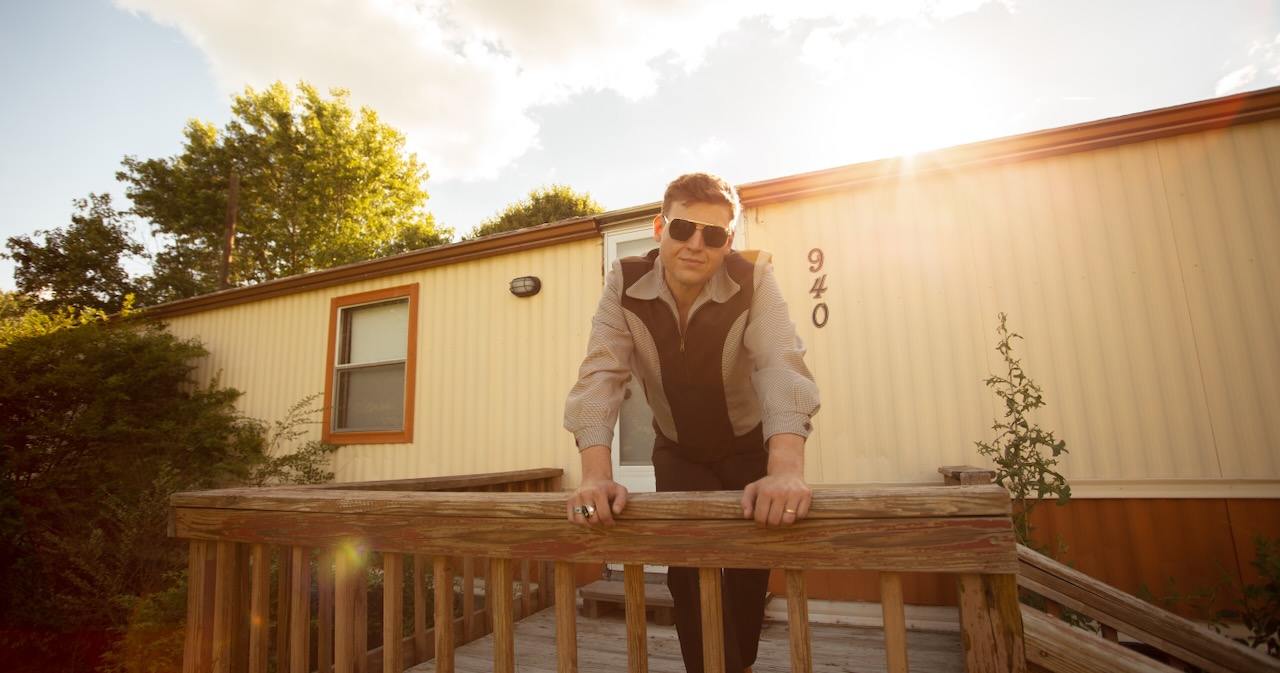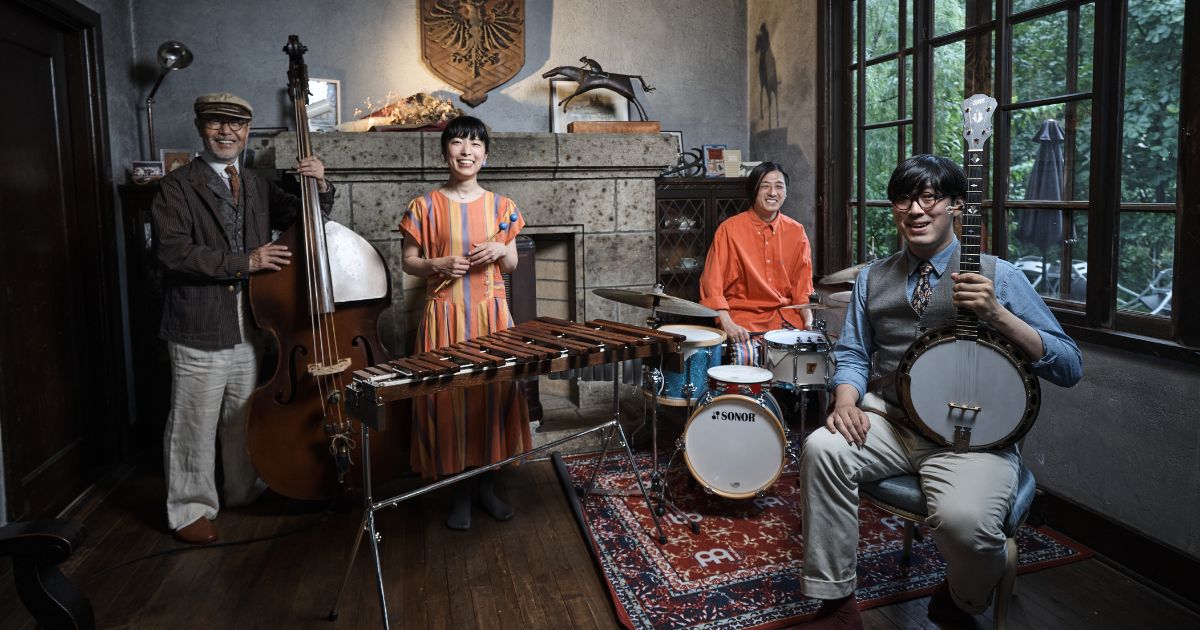Artist: Bonnie & the Mere Mortals
Hometown: Avella, Pennsylvania
Latest Album: Take Me to the Moon (available August 29, 2025)
Personal Nicknames (or rejected band names): I get Bonald a lot. Bon Bon, Bonners, Bonnie Romano.
What’s your favorite memory from being on stage?
Two years ago for our Halloween show, I looked out in the crowd and saw a complete stranger scream-singing along for the first time. As an artist, I constantly question what I’m doing. This is a hard path we’ve chosen that can beat you down a lot, but you can’t fabricate that moment. You’ve reached someone, you touched their lives in some way. I’ve since had that experience dozens of times and have even gotten to do a Bonnie & the Mere Mortals tattoo on a fan, but you never forget your first.
What other art forms – literature, film, dance, painting, etc. – inform your music?
I truly think the difference between art forms is no wider than the difference of medium: oil or watercolor? Everything is how you choose to express your idea. I have a literature degree and I grew up in an abandoned coal town; I wanted to make music the way Southern Gothic writers like Michael McDowell made me feel. Southern Gothic is often seen as just slow Americana in a minor key, but I wanted to expand that thinking to include my experience growing up in a Southern Gothic tableau. I also dress up like a drag queen because I want the Mere Mortals to be as visual as we are musical. Our presentation is always firmly tongue-in-cheek because every murder ballad has a punch line and I never think you should take yourself that seriously.
What’s the most difficult creative transformation you’ve ever undertaken?
When I was growing up, it was the golden age of pop-country. Miss Shania Twain, Garth, the Chicks? Everywhere. I grew up on the values of Hank and “Raise Hell, Praise Dale.” Post 9/11 though, I really started to resent my upbringing. I discovered the Cure, Queen, and Bowie, and put aside Ralph Stanley. I moved to the city, came out as queer, and started a metal band. I never truly felt fulfilled though. I felt I had to hide a part of myself that made up so much of my character.
It wasn’t until I heard Gillian Welch for the first time that I started to dive back into myself and realized that I wasn’t really making art authentically. I bought a banjo and started to learn clawhammer. I rediscovered so many loves I had put aside and I began to feel myself again. I realized that what I loved about the Smiths was the same thing I loved about Jason Isbell, and I couldn’t see why they shouldn’t go together. Some of my folks couldn’t understand the transition, but they certainly do now.
What would a perfect day as an artist and creator look like to you?
Film an episode of The Muppets as a special guest and then head over to Dolly’s house to cook her a pasta dinner.
If you didn’t work in music, what would you do instead?
My day job for the last 15 years has been working as a tattoo artist. I co-own a shop in Pittsburgh called the Kindred Spirit Tattoo Co. It can be hard making it as an artist on both sides of the sun, but I feel so grateful I get to do two things I love so much.
Photo Credit: Veronica Baron
